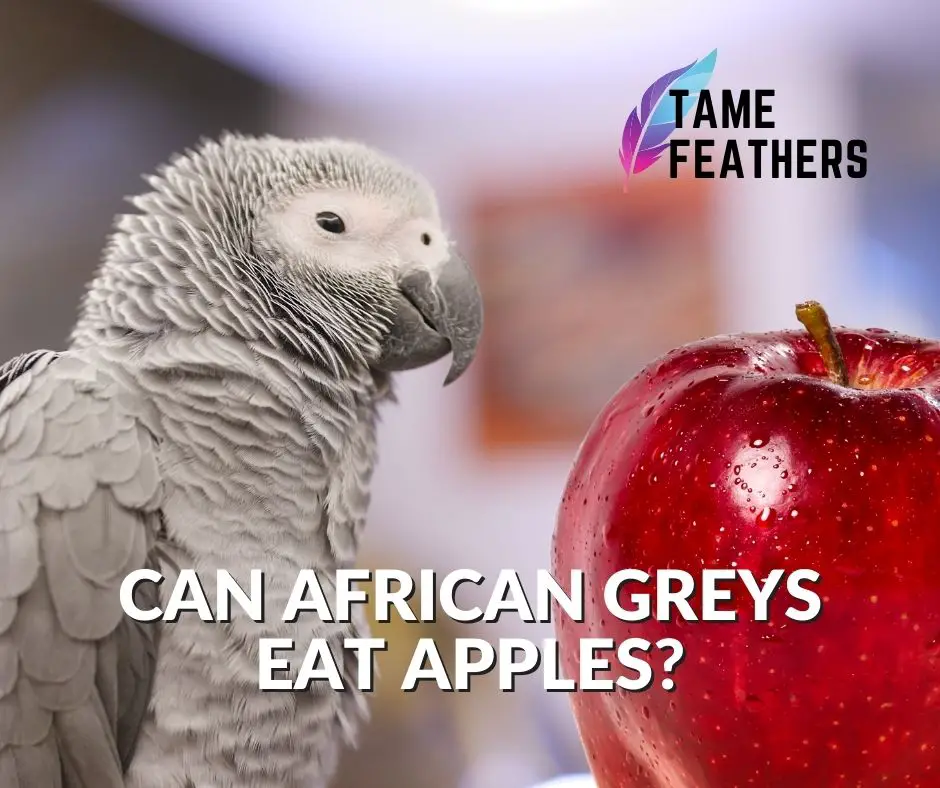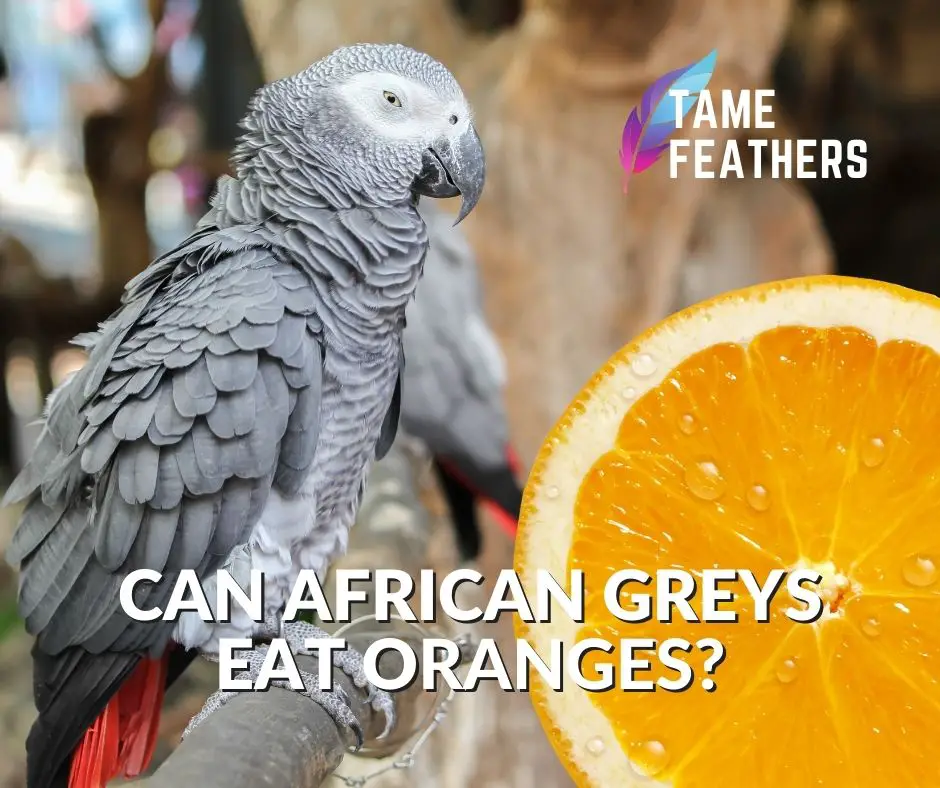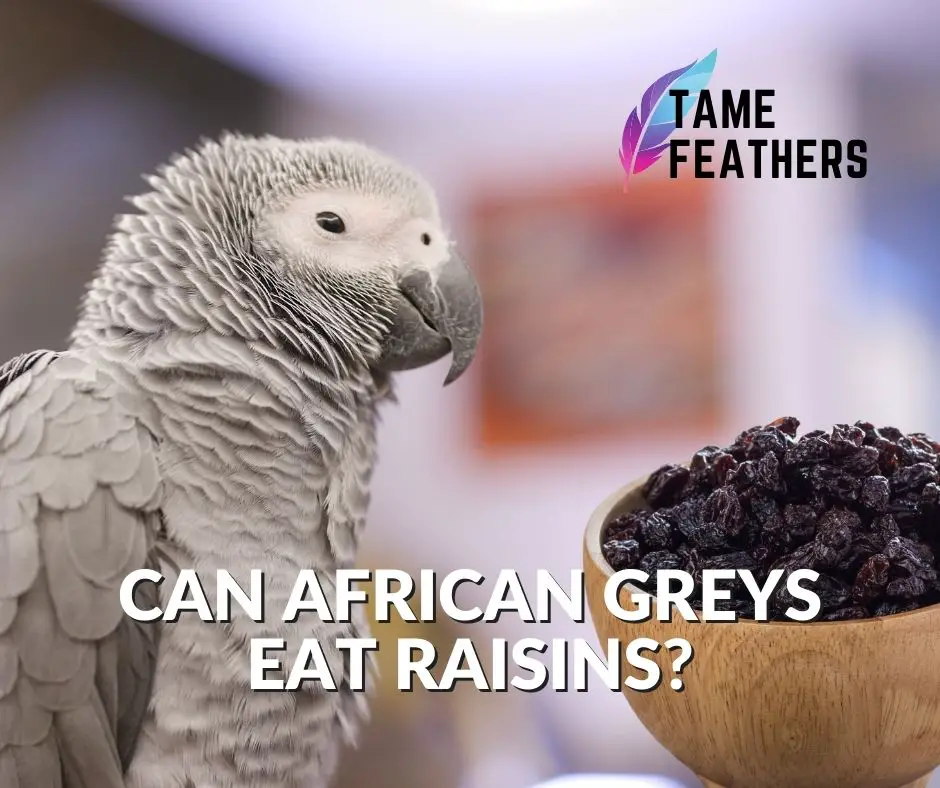Can Ducks Eat Rice: Understanding the Risks and Benefits
Rice has long been a controversial topic when it comes to feeding ducks. For years, people have heard that throwing rice at weddings can be harmful to birds, especially ducks. In this blog post, we will break down the myths and present the truth behind whether or not ducks can eat rice, explore different aspects of their diet, and ultimately help you make an informed decision on what’s best for your feathered friends.
The Moderation Principle for Feeding Rice to Ducks
As with many things in life, moderation is key when it comes to feeding rice to ducks. It is essential to understand that rice is not toxic or inherently harmful to ducks, but like any food source, it should be fed in appropriate amounts. Ducks require a balanced diet consisting of various sources of nutrients, and over-reliance on rice can lead to deficiencies in essential vitamins and minerals.
For this reason, it is crucial always to provide a well-rounded diet for your duck friends so they are getting all the necessary nutrition they need.
Uncooked and Stale Rice: Potential Dangers in Duck Diets
While cooked rice is generally safe for ducks – if fed in moderation – uncooked and stale rice may pose some risks. Uncooked rice can potentially swell up inside a duck’s digestive system once consumed. This could cause discomfort or even blockages in extreme cases.
Ducks also have difficulty breaking down stale rice due to its hardened texture, making digestion more complicated than usual. If consumed regularly or in large quantities, these risks could lead to poor health outcomes for the duck.
Therefore, always ensure that any rice given to ducks should be cooked properly before being offered as part of their meals.
Digestive Problems Associated with Rice Consumption in Ducks
One of the more significant concerns when feeding ducks rice is the possibility of digestive problems arising. The primary issue stems from ducks’ inability to process high amounts of carbohydrates and grains, which can lead to obesity and other health complications.
Regular consumption of large quantities of rice can potentially cause excessive weight gain in ducks, making them more prone to injuries, respiratory issues, and other health risks. Additionally, a diet comprised mainly of rice increases the chance that ducks will develop nutrient deficiencies due to prolonged consumption without vital elements like proteins, vitamins, and minerals.
Feeding Methods: Mixing Rice with Other Foods for a Balanced Diet
To ensure your ducks receive a balanced diet that includes appropriate amounts of carbohydrates, proteins, fats, vitamins, and minerals while minimizing the potential negative effects associated with rice consumption:
1. Mix cooked rice with other nutritious foods like leafy greens or vegetables.
2. Offer alternatives such as oats or barley instead of relying on just rice as their grain source.
3. Feed commercial waterfowl pellets that provide a complete dietary profile designed specifically for their needs.
By incorporating these feeding methods into your ducks’ meal plan, you can ensure that they consume an adequate mix of nutrients that helps promote overall health.
Avoiding Overreliance on Rice as a Staple Food in Duck Diets
As discussed earlier, ducks need an assortment of foods in their diet to remain healthy. Therefore, it is essential not to depend solely on rice as their primary food source since overconsumption could lead to obesity or other health issues.
Ducks also require adequate protein sources, so supplementing their diets with insects and small aquatic life forms can be beneficial. By offering a variety of different foods (including but not limited to grains like rice), you can help ensure they maintain a healthy weight and receive all the nutrients necessary for their wellbeing.
Alternative Grains and Seeds Safe for Duck Consumption
If you’re concerned about feeding rice to your ducks or want to diversify their diet, alternative grains and seeds are excellent options. Some safe options include:
1. Barley
2. Oats
3. Millet
4. Wheat
5. Cracked corn
By offering these alternatives, your ducks will still receive valuable nutrients similar to those found in rice without relying too heavily on one specific food source.
Nutritional Requirements of Ducks: Diversifying their Diets beyond Rice
A well-rounded diet is crucial for maintaining healthy ducks, which includes more than just grains like rice or those mentioned above. Ducks need an assortment of nutrients like proteins, vitamins, minerals, and fats to reach optimal health.
Protein should be particularly prioritized in duck diets. Insects and small aquatic life forms provide essential protein sources that must be part of their diet alongside grains and seeds.
Along with leafy greens and vegetables high in vitamins (such as kale or spinach), diversifying your duck’s diet will ensure they obtain important elements necessary for robust health.
Rice Varieties and Their Impact on Duck Health
There are many different types of rice available on the market, each with varying nutrient profiles that can impact a duck’s health differently. Some common rice varieties include brown rice, white rice, parboiled rice (partially boiled in the husk), jasmine rice, and basmati rice.
Though differences between them might seem subtle at first glance, brown rice is generally considered healthier for ducks because it retains more natural nutrients due to its whole grain nature. Also, consider mixing different rice varieties in your ducks’ diet to make it more interesting and nutritious.
Safe Preparation Techniques for Feeding Rice to Ducks
When preparing rice for ducks, it is essential to:
1. Remove any potentially harmful contaminants (such as pesticides) by washing it thoroughly before cooking.
2. Cook the rice adequately to ensure its safe consumption.
3. Avoid adding any spices, salt or oils that may disturb the duck’s digestive system.
By practicing these safe preparation techniques, you can help prevent unnecessary health complications related to rice feeding.
Proper Portion Sizes when Including Rices into your Ducks’ diet
When feeding ducks rice is crucial always to measure out appropriate portions. A good rule of thumb is no more than 20% of their daily food intake should come from grains like rice, leaving plenty of room for other essential nutrients like proteins (insects and small aquatic life forms), leafy greens, and vegetables.
By measuring portion sizes accurately and considering their total daily intake, you can better provide for the specific nutritional needs of your ducks and maintain a healthy lifestyle for them.
Environmental Impact of Throwing Cooked or Uncooked Rice at Events such as Weddings?
Though the dangers and myths surrounding throwing cooked or uncooked rice at events such as weddings have been debunked, there are still environmental concerns associated with this practice, including littering, disrupting local ecosystems, and attracting unwanted pests.
By avoiding this tradition or replacing it with alternative eco-friendly options – like flower petals or birdseed – we can help minimize our environmental impact at these events while still enjoying their beauty.
Wild Birds Consuming Remnant Grains: It’s Effect on Ducks
When ducks consume remnant grains, like rice, from the environment, it can create competition with other wild birds for these resources. While ducks will not always cause a significant disruption in local ecosystems due to this competition, it is essential to be mindful of the potential impact on other species in the area.
To mitigate these effects, consider feeding your ducks at specific locations or times within a contained environment (such as private ponds or enclosures) rather than in public spaces where other wild birds might also be feeding.
Human Foods Suitable For Supplementing A Wild Waterfowl Diet
If unsure which foods are safe and nutritious for wild waterfowl (including but not limited to ducks), here are some excellent options:
1. Leafy greens and vegetables like spinach, kale, lettuce, pumpkin or zucchini.
2. Peas and chopped corn.
3. Grains like cooked rice (in moderation), barley, oats or millet.
4. Insects such as mealworms and crickets.
By offering a diverse range of suitable foods in appropriate quantities, you can both satisfy your duck’s nutritional needs while minimizing any risks associated with overfeeding grain-heavy diets like rice. Ducks can enjoy the occasional treat without harm – so long as it remains part of a balanced meal plan!





